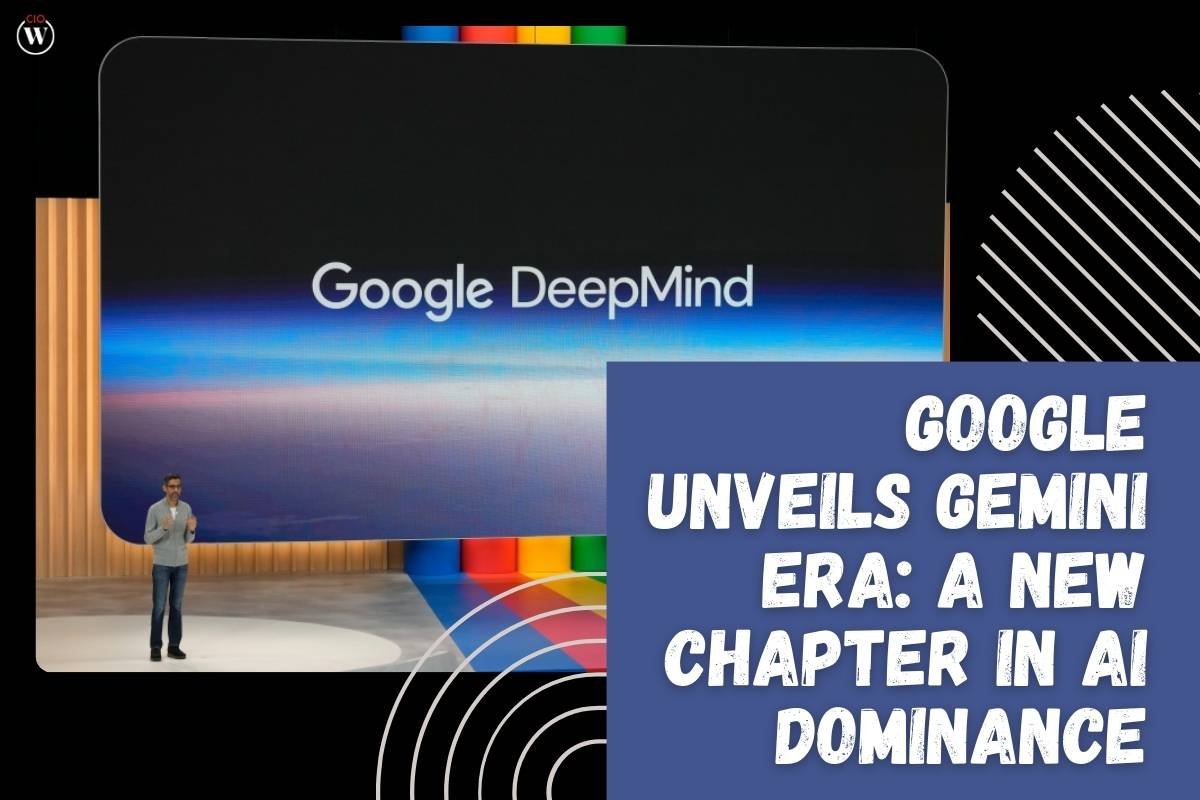In a groundbreaking announcement, Google’s CEO Sundar Pichai introduces the world to the next era of artificial intelligence—the Gemini era. Unveiled at the I/O developer conference in June, Gemini is Google’s latest large language model poised to revolutionize the landscape of AI technology. Pichai emphasizes the significant leap forward Gemini represents, stating that this advancement will profoundly impact various Google products. The power lies in the ability to enhance one underlying technology, subsequently improving an array of products seamlessly.
Gemini comprises multiple versions tailored for diverse applications. Gemini Nano, a lightweight variant, runs natively and offline on Android devices. On the other hand, Gemini Pro, a more robust iteration, will power various Google AI services and serves as the backbone of Bard. The most formidable model, Gemini Ultra, is designed for data centers and enterprise applications, set to make its debut next year. The model’s immediate integration includes Bard powered by Gemini Pro, bringing new features to Pixel 8 Pro users through Gemini Nano.
Google’s Countermove against OpenAI
With the launch of Gemini, Google strategically positioned itself to challenge OpenAI’s dominance, particularly against the widely acclaimed ChatGPT. Having pioneered much of the foundational technology behind the AI boom, Google openly declares its commitment to being an “AI-first” organization. After a thorough analysis comparing OpenAI’s GPT-4 and Google’s Gemini, Google DeepMind CEO Demis Hassabis asserts their superiority in 30 out of 32 benchmarks. The comparison includes a range of tests, from broad language understanding to generating Python code. Google, having learned from the success of ChatGPT, is now poised to redefine the AI landscape with Gemini.
Gemini Era’s Multimodal Advantage
Gemini’s edge becomes most apparent in its capability to understand and interact with video and audio content, setting it apart in the benchmarks. The Gemini project deliberately incorporates multimodality, allowing the model to seamlessly process data from various inputs and senses. In contrast to OpenAI’s separate models for images and voice, Google’s approach involves building a single multisensory model from the outset. Demis Hassabis expresses a keen interest in creating a very general system that can collect diverse data inputs and provide equally varied responses.
Google aims to integrate Gemini into its key products, including the search engine, ad platforms, and the Chrome browser, with plans to expand language availability beyond English. As the Gemini era unfolds, it marks a pivotal moment in the evolution of AI technology, where Google stands ready to redefine industry standards and reclaim its position at the forefront of artificial intelligence.









